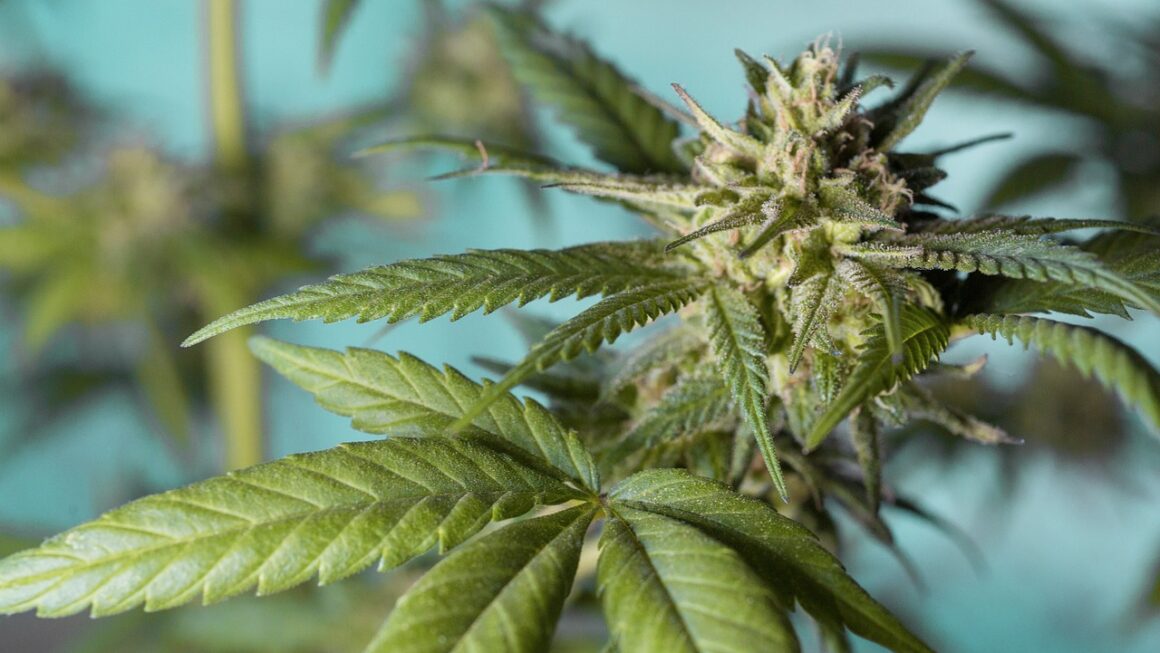- In recent years, the interest in cannabis and its derivatives has surged, with many exploring its potential health benefits. One compound that has garnered attention is THCA, or tetrahydrocannabinolic acid. Unlike its more famous counterpart THC, THCA is non-psychoactive, meaning it doesn’t produce the “high” associated with cannabis use. This article delves into the relationship between THCA flower and immune support, examining what current research reveals.
Understanding THCA
THCA is a cannabinoid found in raw and live cannabis plants. It is the precursor to THC, which is formed when THCA flower for focus is exposed to heat through a process called decarboxylation. While THC has been extensively studied for its psychoactive properties, THCA is gaining attention for its potential therapeutic benefits.
Potential Health Benefits of THCA
- Anti-inflammatory properties
- Neuroprotective effects
- Anti-emetic (anti-nausea) potential
- Possible anti-cancer properties
These potential benefits have led researchers to explore how THCA might support the immune system, a critical component of overall health.
THCA and the Immune System
The immune system is a complex network of cells and proteins that defends the body against infection. Maintaining a healthy immune system is vital for preventing illness and promoting overall well-being. Researchers are investigating how cannabinoids like THCA might influence immune function.
Anti-Inflammatory Effects
Inflammation is a natural response to injury or infection, but chronic inflammation can lead to various health issues. THCA has shown promise in reducing inflammation, which could support immune health. A study published in the “Journal of Pharmacology” found that THCA exhibited significant anti-inflammatory effects in animal models, suggesting potential benefits for conditions characterized by chronic inflammation.
Neuroprotective Properties
Research indicates that THCA may have neuroprotective properties, which could indirectly support the immune system. A study in “Neurotherapeutics” highlighted THCA’s ability to protect neurons from oxidative stress, a factor that can compromise immune function. By safeguarding the nervous system, THCA might contribute to a more robust immune response.
Case Studies and Research Findings
While research on THCA is still in its early stages, several studies and case reports provide insights into its potential effects on the immune system.
Case Study: THCA and Autoimmune Disorders
A case study published in “Cannabis and Cannabinoid Research” examined a patient with an autoimmune disorder who experienced symptom relief after using THCA-rich cannabis. The patient reported reduced inflammation and improved quality of life, suggesting that THCA might modulate immune responses in autoimmune conditions.
Research on THCA and Cancer
Preliminary research has explored THCA’s potential anti-cancer properties. A study in “Biochemical Pharmacology” found that THCA inhibited the growth of prostate cancer cells in vitro. While these findings are promising, more research is needed to understand how THCA might influence cancer-related immune responses.
Challenges and Considerations
Despite the promising research, there are challenges in studying THCA and its effects on the immune system. The legal status of cannabis in many regions limits research opportunities, and the variability in cannabis strains can make it difficult to standardize studies.
Legal and Regulatory Hurdles
The legal landscape surrounding cannabis varies widely, affecting the availability of THCA-rich products for research and therapeutic use. In regions where cannabis is still illegal, researchers face significant barriers to conducting studies.
Variability in Cannabis Strains
The concentration of THCA can vary significantly between cannabis strains, making it challenging to determine the optimal dosage for therapeutic effects. This variability underscores the need for standardized products and dosing guidelines.
Conclusion
THCA flower holds promise as a potential support for the immune system, with research suggesting anti-inflammatory and neuroprotective benefits. While case studies and preliminary research offer encouraging insights, more comprehensive studies are needed to fully understand THCA’s impact on immune health. As the legal and scientific landscapes evolve, further exploration of THCA could unlock new possibilities for enhancing immune function and overall well-being.
